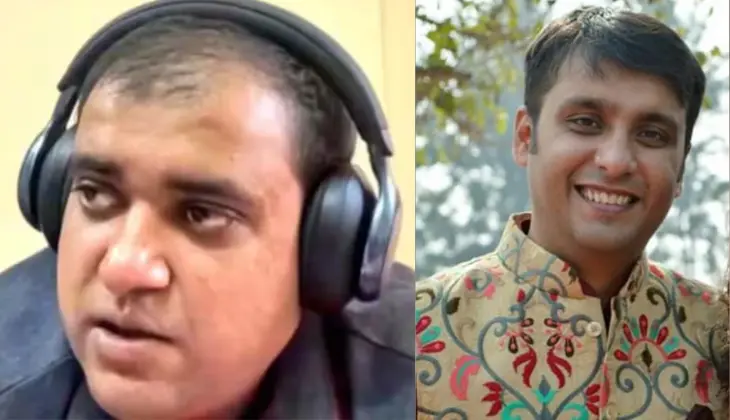Post-Traumatic Stress Disorder (PTSD) is a mental health issue that can emerge after an individual goes through or witnesses a highly distressing event. Such events may involve combat, sexual assault, or life-threatening circumstances.
Soldiers are more susceptible to developing PTSD due to the nature of their job. Exposure to combat, the loss of fellow soldiers, and encounters involving injury to civilians can all be profoundly distressing experiences that contribute to the onset of PTSD.
Some of the PTSD symptoms experienced by soldiers:
- Re-experiencing the trauma – Whether awake or asleep, a trigger can evoke distressing memories, causing the person to feel like they are reliving the traumatic event.
- Avoidance – Soldiers often steer clear of situations that remind them of the trauma. For example, some soldiers avoid crowded places or loud environments. They might also avoid discussing the event that has affected them.
- Persistent negative emotions – Individuals with PTSD may grapple with overwhelming negative emotions. They might struggle to establish trust, experience guilt, shame, or find it hard to experience joy or interest in things they used to enjoy.
- Hypervigilance or hyperarousal – Those dealing with hyperarousal feel consistently on edge and uneasy in unfamiliar circumstances. They may opt for a seat facing the door in a restaurant, remain watchful for potential threats, or feel the need to be close to an exit. This heightened alertness can make it challenging to concentrate or savor simple experiences. Sleep and relaxation might be difficult, and irritability, anger, reckless behavior, or substance use can become coping mechanisms.
Apart from undergoing PTSD therapy, soldiers have various effective strategies to handle post-traumatic stress disorder, enabling them to regain control over their lives instead of being governed by their condition.
Some of these coping techniques are outlined below:
- Lifestyle Adjustments: Connecting with fellow trauma survivors and experienced soldiers, staying physically active, maintaining a healthy diet, volunteering, avoiding drugs and alcohol, spending quality time with loved ones, and fostering a positive outlook on life can all contribute positively.
- Mindfulness: Mindfulness involves focusing on the present moment rather than dwelling on the past. This can include simple breathing exercises or concentrating intently on a specific aspect of your current experience, such as a scent or taste.
- Cultivating Optimism: Actively seeking out positive aspects in life that bring joy and peace can help shift attention away from stress and anxiety. Reflecting on positive experiences from the past 24 hours, no matter how small, can provide a sense of happiness and contentment.
- Peer Support Groups: Connecting with others who have undergone similar events can create a safe space for soldiers to discuss their traumatic experiences and work through the intense emotions tied to them.
- Emotional Support Animals: Many soldiers grappling with PTSD have adopted emotional support animals that offer comfort and ease in situations that might otherwise trigger stress.
Conclusion
While protecting civilians, soldiers often go through tough mental struggles like PTSD. It's our responsibility to provide the assistance they need for dealing with PTSD and other mental health problems they might have.
At Solh, we recognize the significance of mental health, which is why we've curated a range of powerful self-help tools designed to enhance your mental well-being. Our offerings include journaling, goal setting, self-assessment tests, mood analysis, and an extensive library of enriching content for you to explore and learn from. Take charge of your journey towards personal growth and improved mental health with our comprehensive self-help resources.



